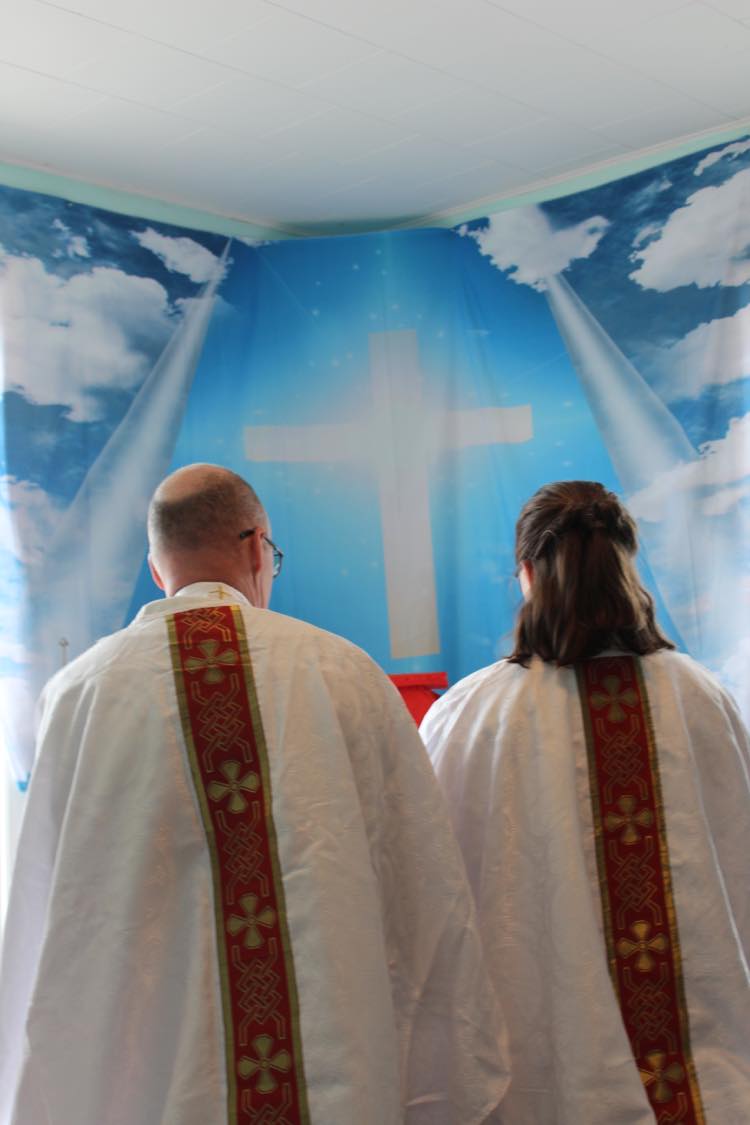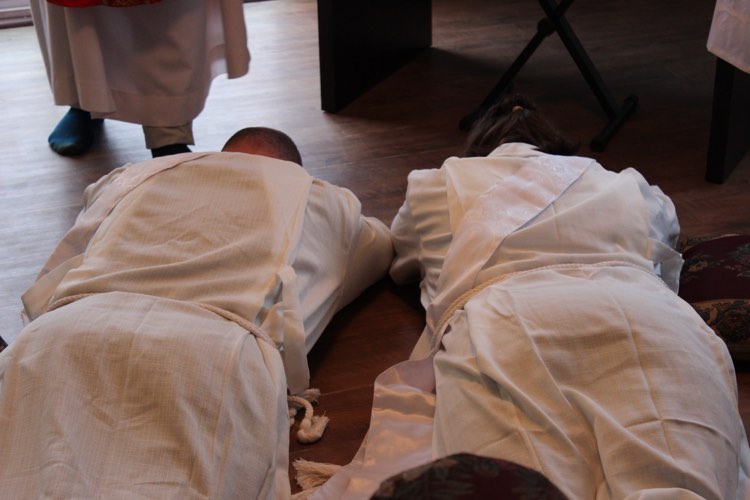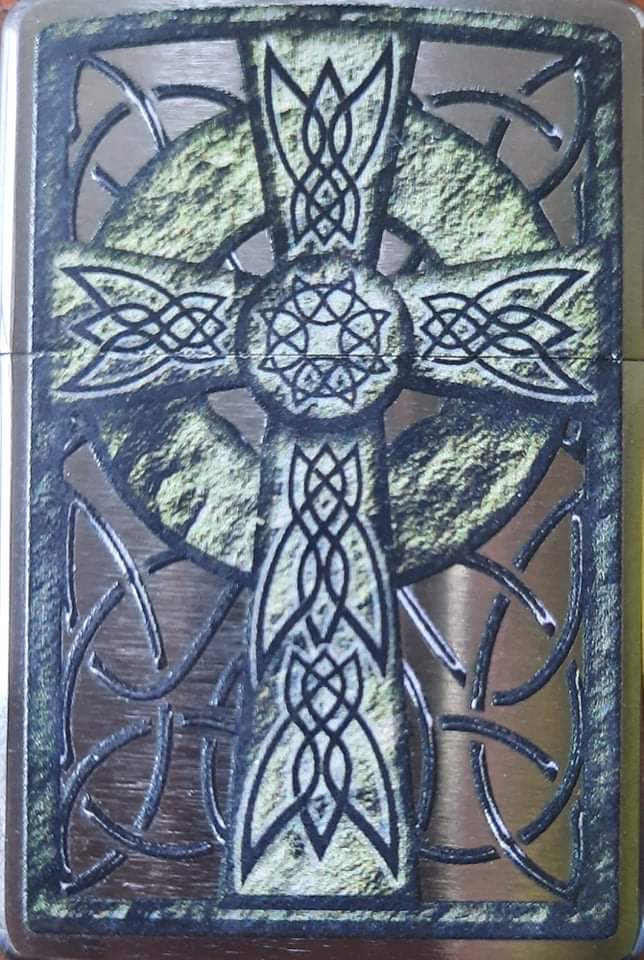- Home
- Seminary Studies
- Theological Issues in Catholicism
Simply Catholic and Welcoming You
Theological Issues in Catholicism
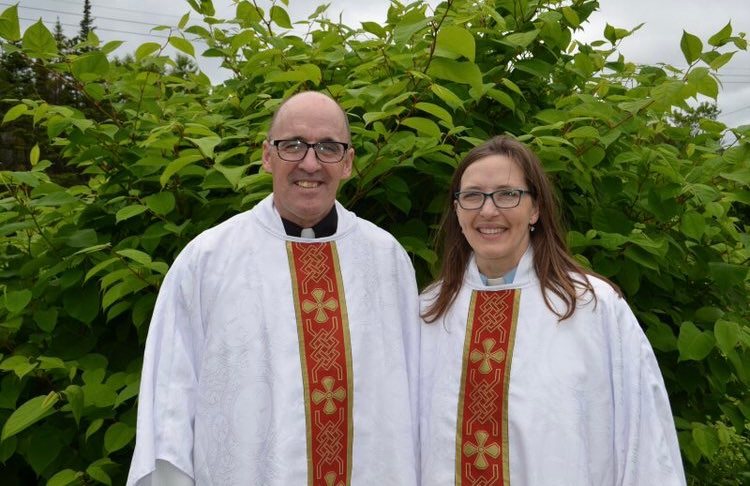
Fr. Plib and Amma Charlene
Theological issues in Catholicism often revolve around issues like the authority of the Pope/the Petrine doctrine, the nature of the Eucharist as the literal body and blood of Jesus, and the role of tradition alongside scripture. Other points of contention include the veneration of Mary and the saints, the use of indulgences, and the role of the Church in salvation.
Here's a more detailed look at some of the key theological issues in Catholicism.
Authority of the Pope and Church Hierarchy:
The Roman/Latin Rite Catholic Church holds that the Pope, as the successor of Peter, holds ultimate authority in matters of faith and morals. This authority is passed down through the bishops and the magisterium (teaching authority) of the Church.
This Petrine Doctrine, a central tenet of the Roman Catholic Church, asserts that Jesus Christ bestowed upon the Apostle Peter a unique authority and leadership role within the Church, making Peter the first pope and establishing a line of successors, primarily through the papacy, as his successors. This doctrine is based on specific biblical passages, particularly Matthew 16:18-19, and it underpins the concept of papal supremacy, the belief that the Pope, as Bishop of Rome, holds the highest authority within the Catholic Church.
Apostolic Succession:
The doctrine claims that Peter's authority was passed down to subsequent bishops of Rome, establishing a continuous line of apostolic succession, where the pope, as the Bishop of Rome, is seen as the direct successor to Peter.
Apostolic Succession is the means by which sacramental validity is assured in all Catholic churches: it means that a valid bishop is one who is consecrated by the laying on of hands in an unbroken tactile line that stretches back to the twelve Apostles and to Jesus Christ Himself. The Apostolic Succession is as important spiritually as it is historically.
Papal Supremacy:
A core aspect of the Petrine Doctrine is papal supremacy, the belief that the pope, as the successor of Peter, holds the highest authority within the Roman Catholic Church and can exercise this power unhindered.
Role of the Papacy:
The papacy, according to this doctrine, is not just a position of honor but a position of leadership, with the pope as the visible head of the Church, the Vicar of Christ, and the pastor of the entire (Roman) Catholic Church.
Not Universally Accepted:
While the Petrine Doctrine is fundamental to the Roman Catholic Church, it is not universally accepted by other Catholic and Christian denominations, which may have different interpretations of the relevant biblical passages and the role of Peter and his successors.
This one of the key theological issues in Catholicism and generally the first on the list for non Roman Catholics and non Catholics alike.
St. Brigit’s Community Catholic Church holds the position of the Old Church, that Peter and all successive popes were the “first among equals”. We refute the Petrine doctrine, the doctrine of papal supremacy. Even among the Catholic churches only the Roman/Latin Rite Catholic Church endorses that doctrine. The rest of us unanimously reject it.
Indeed when the vote was held to decide on the Petrine doctrine there was a clear split with those who voted for the Roman pope thereafter being referred to as Roman Catholics (even though the official church name remains the Latin Rite of the Catholic Church). Those who voted against this change or whom stayed away from fear of coercion or worse where thereafter referred to as Old Catholics in reference to them having stuck to the pre-established order.
Theological Issues in Catholicism Beyond the Papal Debate
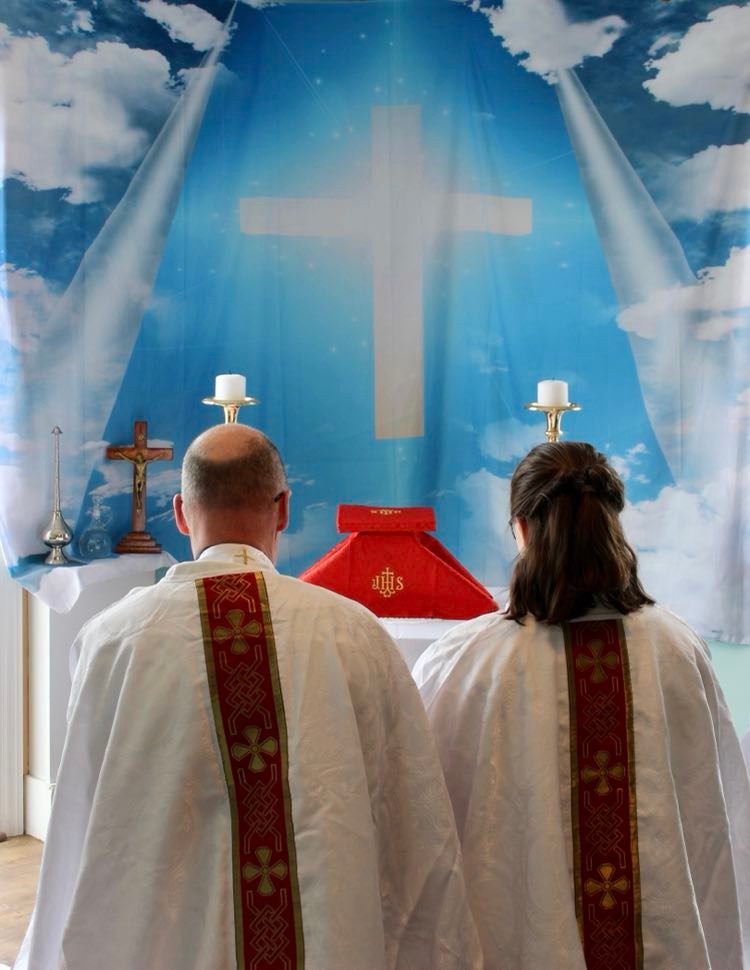
Fr. Plib and Amma Charlene Bradley a Married Couple Who Are Both Priests
Theological Issues in Catholicism Beyond the Papal Debate
The Eucharist (Holy Communion)
All Catholics believe in transubstantiation, the belief that the bread and wine of the Eucharist become the body and blood of Christ at consecration during the Mass, with only the appearances of bread and wine still remaining.
Different Protestant denominations have varying views on the Eucharist, with some believing it is a memorial of Christ's sacrifice, and others believing in a spiritual presence of Christ but not a literal transformation of the bread and wine.
Salvation and Grace
While salvation is seen as a gift of God's grace, Catholics believe that good works and participation in the sacraments are necessary for receiving that grace and for growth in holiness.
“Faith without works is dead” is a Bible verse from James 2:26. The verse means that faith that doesn't result in action is ineffective and useless.
“Not everyone who says to Me, 'Lord, Lord,' shall enter the kingdom of heaven, but he who does the will of My Father in heaven". Matthew 7:21-23
Vatican II did broaden the understanding of salvation, emphasizing that individuals can be saved through Christ, even if they are not members of the Roman Catholic Church.
While the Catholic Church(es) in general and St. Brigit’s Community Catholic Church specifically maintains that Jesus is the way, the truth, and the life, it also recognizes that individuals may be saved through a different means, such as the Grace of God, even if they are not formally members of any Catholic Church.
For God did not send His Son into the world that He might judge the world, but that the world might be saved through Him.” John 3:17 Jesus came to save ALL mankind.
Many Protestant denominations hold to the belief in sola fide (faith alone), emphasizing that salvation is received through faith in Jesus Christ alone, and that good works are a result of that faith rather than a means to achieve it.
Mary and the Saints
Catholics venerate Mary as the Mother of God and the Mother of the Church, and they pray to her and the saints for intercession. In the Catholic Church, veneration, a form of respect and honor, is offered to both Mary and the saints. While Catholics adore only God, they venerate Mary, the mother of Jesus, and the saints in a different way, recognizing their special place and role in God's plan. This veneration is not worship, but rather a form of respect and honor which is also based on the belief in the “Communion of Saints”.
The "communion of saints" refers to the spiritual unity and fellowship of all Christians, both living and deceased, who are part of the Church. It encompasses the "holy things" (sacraments) and "holy persons" who share in the love and grace of Christ, contributing to the good of the entire mystical body of Christ. This unity extends to those on earth, in purgatory, and in heaven, forming a single family united by their faith in Christ.
Many Protestant denominations do not venerate Mary or the saints, viewing this as a form of idol worship.
Indulgences
In Catholic theology, an indulgence is a way to reduce the punishment due for sins after the eternal punishment has been forgiven. It's a remission of the temporal punishment, often associated with purgatory, not the guilt of the sin itself. Indulgences can be earned through acts of piety, prayer, or charitable deeds.
Protestant denominations view indulgences as a corrupt practice and a form of buying salvation.
Role of Tradition and Scripture
Catholics believe that tradition, passed down through the Church from the apostles, is an important source of religious truth, alongside scripture.
Protestants generally hold that scripture (the Bible) is the ultimate source of religious truth, with tradition often playing a supporting role.
The Trinity
There is only One God defined as the Trinity. This is a core Catholic doctrine defining God as one being existing in three co-equal and co-eternal persons: the Father, the Son (Jesus), and the Holy Spirit. These three distinct persons share the same essence and nature, forming a unified Godhead.
Jesus being truly God and truly human.
Catholics believe that Jesus Christ is one person with two complete natures: fully divine and fully human, without any blending or confusion of these natures.
The Incarnation of the Son of God “does not mean that Jesus Christ is part God and part man, nor does it imply that he is the result of a confused mixture of the divine and the human. He became truly man while remaining truly God. Jesus Christ is true God and true man" (CCC, 464). Stands for the Catechism of the Catholic Church.
Salvation being an undeserved gift of God's grace.
Salvation being an undeserved gift of God's grace means that people are saved from sin and its consequences not because of their own good works or merits, but solely due to God's free and unmerited favor, or grace. This is a core tenet of many Christian denominations, highlighting that salvation is a gift freely given by God through faith in Jesus Christ, not something earned through human effort.
Women and the Priesthood
The calling and ordaining of women as ordained clergy is another contentious issue dealt with elsewhere in this website.
Recent Articles
-
Catholic-Confession
Apr 19, 25 08:53 PM
Full breakdown of the Catholic Confession Sacrament of Reconciliation -
Ordination, incardination and dismissal of clergy
Mar 03, 25 06:47 PM
Overview of Ordination to Holy Orders, incardination and dismissal of clergy -
Catholic Last Rites
Mar 03, 25 06:41 PM
An explanation of the Catholic Last Rites and Anointing of the Sick
